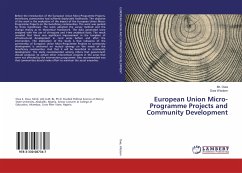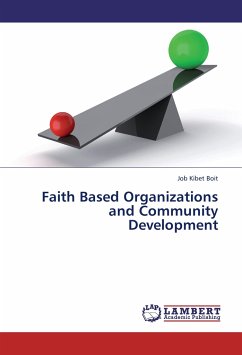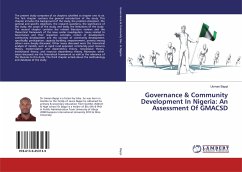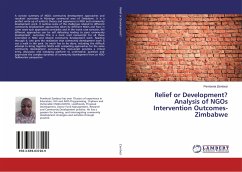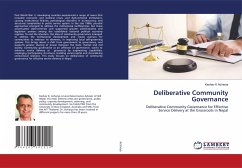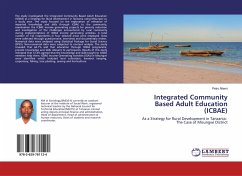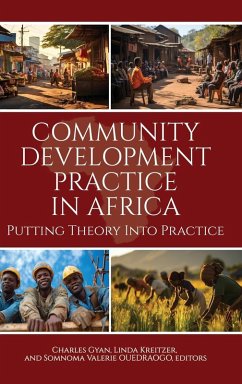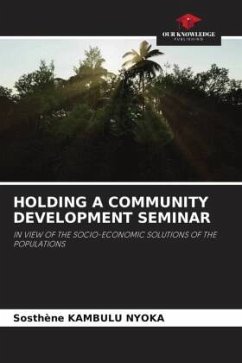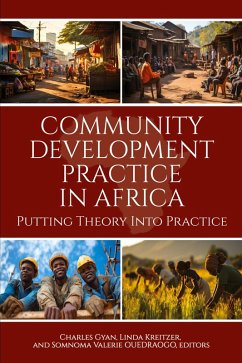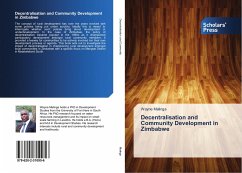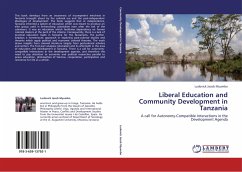
Liberal Education and Community Development in Tanzania
A call for Autonomy-Compatible Interactions in the Development Agenda
Versandkostenfrei!
Versandfertig in 6-10 Tagen
52,99 €
inkl. MwSt.

PAYBACK Punkte
26 °P sammeln!
This book develops from an awareness of incompetent mind-sets in Tanzania brought about by the colonial era and the post-independent ideologies of development. The book suggests that at independence, Tanzania inherited a system of education which was meant to produce an elite group used in entrenching colonialism even after the exit of the colonizers. It was an education which facilitates dependency on former colonial masters at the peril of the citizens. Consequently, there is a lack of practical education made in Tanzania for the Tanzanians. The author employs a hermeneutic approach in explo...
This book develops from an awareness of incompetent mind-sets in Tanzania brought about by the colonial era and the post-independent ideologies of development. The book suggests that at independence, Tanzania inherited a system of education which was meant to produce an elite group used in entrenching colonialism even after the exit of the colonizers. It was an education which facilitates dependency on former colonial masters at the peril of the citizens. Consequently, there is a lack of practical education made in Tanzania for the Tanzanians. The author employs a hermeneutic approach in exploring post-colonial studies and theories which apply political and economic colonial theories. The work draws insights from colonial literature largely from postcolonial scholars and writers. The first part analyses colonialism and its aftermath in the area of education and development in Tanzania. There is a call for autonomy-compatible interactions in the development agenda, and therefore the need to pay attention to economic and political researches parallel to peace education, philosophies of fairness, cooperation, participation and reverence for life as a whole.



